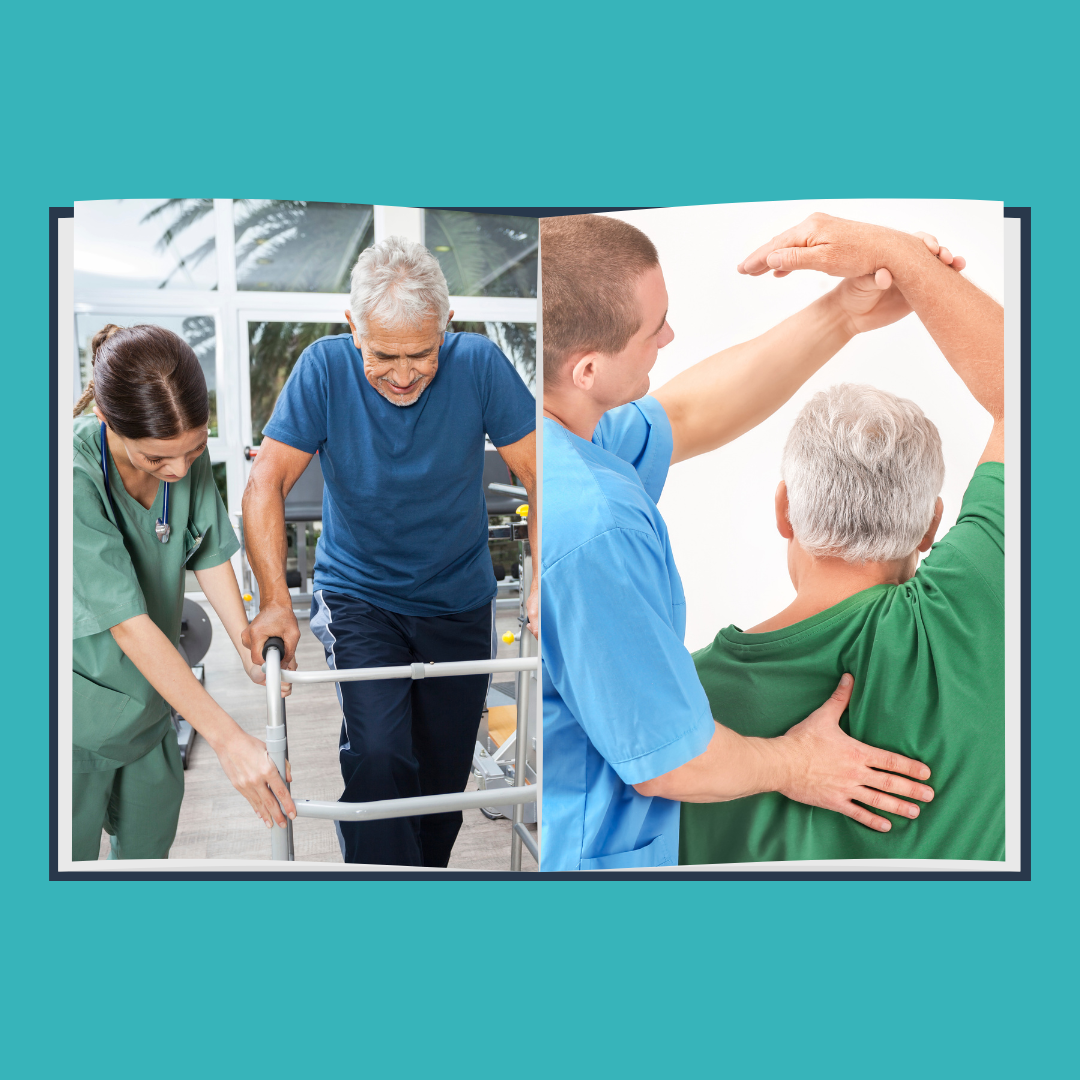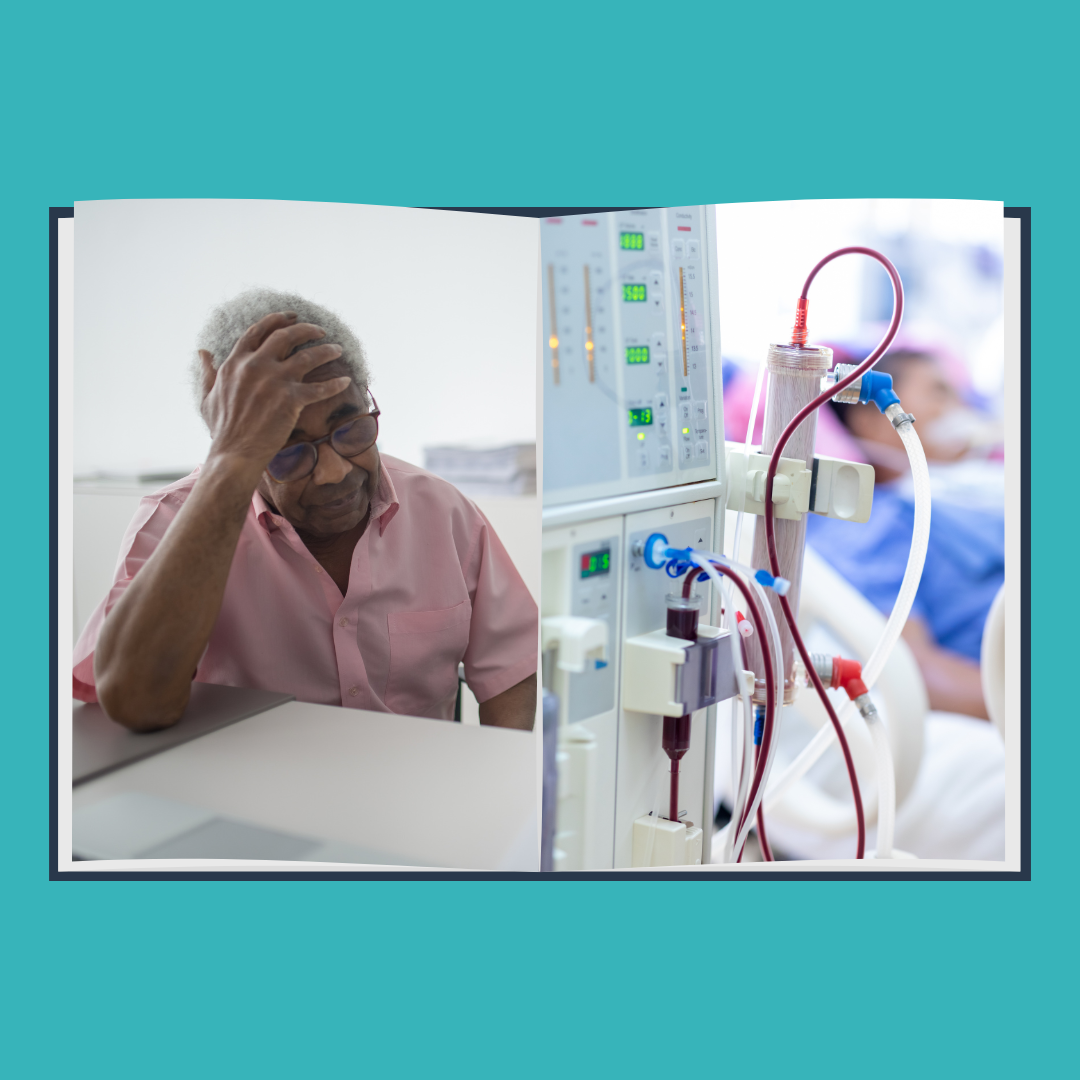New Paragraph
June 3, 2025
Recognizing and Managing Hypertension in Seniors
Hypertension, also known as high blood pressure, is a significant health concern for seniors. While it’s often called the “silent killer” because it can exist without obvious symptoms, hypertension increases the risk of heart attack, stroke, kidney damage, and other serious health issues. For seniors receiving in-home care, understanding hypertension and taking proactive steps to manage it can make all the difference in living a safe and healthy life.
What is Hypertension?
Blood pressure is the force of blood pushing against the walls of your arteries. When this pressure is consistently too high—above 130/80 mmHg—it’s called hypertension. In seniors, arteries naturally lose some elasticity with age, making them more prone to high blood pressure.
Why Seniors are at Higher Risk
- Age-related changes: Blood vessels stiffen over time, making it harder for blood to flow smoothly.
- Lifestyle factors: Diet, physical activity, and stress play a significant role in blood pressure levels.
- Co-existing health conditions: Diabetes, kidney disease, and obesity can all contribute to hypertension.
- Medication side effects: Some medications commonly prescribed to seniors can raise blood pressure.
Potential Health Complications
Without proper management, hypertension can quietly damage the body over time, leading to:
- Heart disease: Increased workload on the heart can cause heart failure.
- Stroke: Damage to blood vessels can lead to blockages or bleeding in the brain.
- Kidney disease: High pressure damages kidney blood vessels, reducing their function.
- Vision loss: Eye blood vessels can also be affected, leading to vision problems.
Recognizing the Signs
Many seniors with hypertension feel completely fine. However, some may experience:
- Frequent headaches
- Dizziness or feeling lightheaded
- Chest pain or a feeling of tightness
- Shortness of breath
- Blurred vision
Since these symptoms can be vague or confused with other issues, routine blood pressure checks are crucial—even if a senior feels healthy.
How to Monitor Blood Pressure at Home
- Use a reliable home monitor: Wrist or upper-arm models are best.
- Check at the same time daily: Morning is often recommended.
- Record readings: Share them with a healthcare provider to track trends.
Lifestyle Changes that Make a Big Difference
1. Eat a Heart-Healthy Diet
- Choose low-sodium foods and limit processed snacks.
- Include lots of fresh fruits, vegetables, whole grains, and lean proteins.
- Consider the DASH diet (Dietary Approaches to Stop Hypertension), which has been proven to lower blood pressure.
2. Stay Active
- Walking, stretching, or water aerobics can improve circulation.
- Encourage daily gentle exercise, even if it’s just a 10-minute walk.
3. Quit Smoking and Limit Alcohol
- Smoking damages arteries and worsens blood pressure.
- Limit alcohol to one drink a day (or none), as it can raise blood pressure.
4. Manage Stress
- Meditation, deep breathing, and hobbies can help seniors feel more relaxed.
- Encourage social connections—loneliness can raise stress levels.
Medication Management for Seniors
If a doctor prescribes medication:
- Set up reminders: Pill organizers or alarms on phones help seniors take medication consistently.
- Watch for side effects: Some seniors feel dizzy when standing (orthostatic hypotension). Report these symptoms to the doctor.
- Never skip doses: Blood pressure can spike quickly if medication is missed.
Home Safety Tips
- Encourage seniors to rise slowly from bed or chairs to prevent dizziness.
- Use grab bars in the bathroom or near the bed if needed.
- Keep emergency contacts posted near the phone.
When to Call a Doctor
Seek help right away if a senior experiences:
- Sudden vision changes
- Severe headache
- Chest pain
- Shortness of breath
- Confusion or weakness in the face or limbs (signs of a stroke)
Supporting Seniors Emotionally
Hypertension can feel overwhelming for seniors, especially if they’re already managing other health issues. Caregivers can:
- Offer gentle reminders and reassurance.
- Encourage small, steady changes rather than overwhelming overhauls.
- Celebrate progress—every healthy choice counts!
Hypertension is serious, but with understanding and good habits, it can be managed effectively. At Hope and Recovery Care, we believe every senior deserves to feel safe and supported. By helping your loved ones monitor their blood pressure, adjust their lifestyle, and stay connected to their healthcare team, you’re making a huge difference in their well-being.









